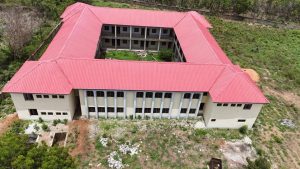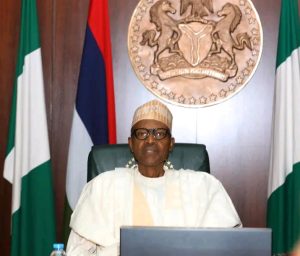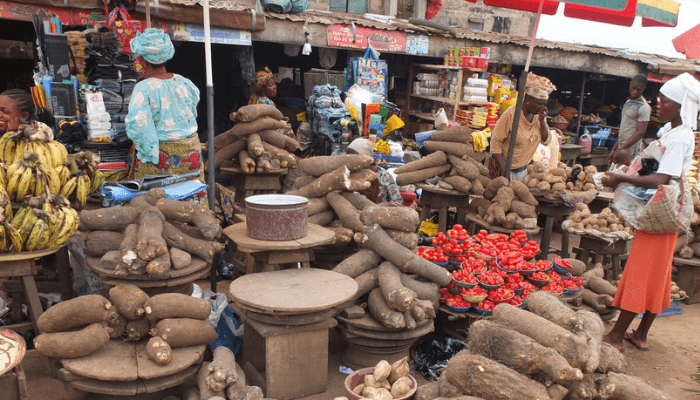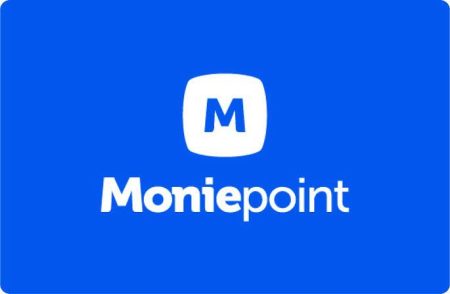Nigeria’s inflation rate slowed to 32.15 percent in August 2024, driven by improved food supplies following the harvest season. This represents a decline from 33.40 percent in July, according to the latest data from the National Bureau of Statistics (NBS). The deceleration was largely attributed to the drop in prices of staple food items such as tomatoes, pepper, yam, and garri. Food inflation, which has been a significant contributor to the overall inflation rate, also eased, falling to 37.52 percent in August from 39.53 percent in the previous month. Analysts have credited the harvest season for this reduction, as the increased supply of key food items helped stabilize prices.
“We attribute the deceleration to the food basket, which moderated to 37.52 percent year-on-year, largely supported by the onset of the harvest season,” analysts at CardinalStone said in a note. Similarly, FBNQuest analysts had predicted this trend, citing the harvest season and a positive base effect.
A survey conducted by BusinessDay in major cities across Nigeria showed a significant drop in the prices of key food staples. For instance, the price of a big basket of tomatoes in Lagos plummeted by 58 percent, from N120,000 to N50,000 in August. Similar price reductions were observed in Onitsha, Abuja, and other cities. In addition, the price of a 50kg bag of white garri dropped from N75,000 in July to N65,000 in August, while the cost of a small bucket fell by 42.5 percent.
Other food items saw similar declines, such as Habanero pepper, which dropped by 63 percent from N35,000 to N13,000 per small basket. Irish potatoes and chili peppers also saw price reductions, easing the financial burden on cash-strapped households. “Household pressures remain skewed to food, and with the recent drop in prices, especially in key staples, pressure will be reduced,” said AfricaFarmer Mogaji, CEO of X-Ray Consulting.
Despite the overall decrease in inflation, core inflation, which excludes volatile agricultural produce and energy prices, inched up to 27.58 percent in August, compared to 27.47 percent in July. This suggests that while food prices may have softened, other economic factors continue to exert upward pressure on inflation.
However, analysts are warning that the recent surge in petrol prices could reverse the inflationary gains. Petrol prices, which rose from N617 per litre to N885 in August, have further increased to N950 per litre in Lagos and over N1,019 in Borno State. This spike follows the Nigerian National Petroleum Company’s (NNPC) move to end petroleum subsidies and start purchasing petroleum products from the Dangote Refinery. “The surge in fuel prices is going to affect the government’s efforts in tackling inflation, and we are going to see another spike in food prices,” said Abiodun Olorundenro, managing partner of Prasinos Farms. He noted that rising logistics and production costs, driven by higher fuel prices, could push food prices back up, triggering another inflation cycle.
As Nigeria grapples with these conflicting trends, the harvest season offers temporary relief, but the rising cost of fuel may pose significant challenges in the coming months.













